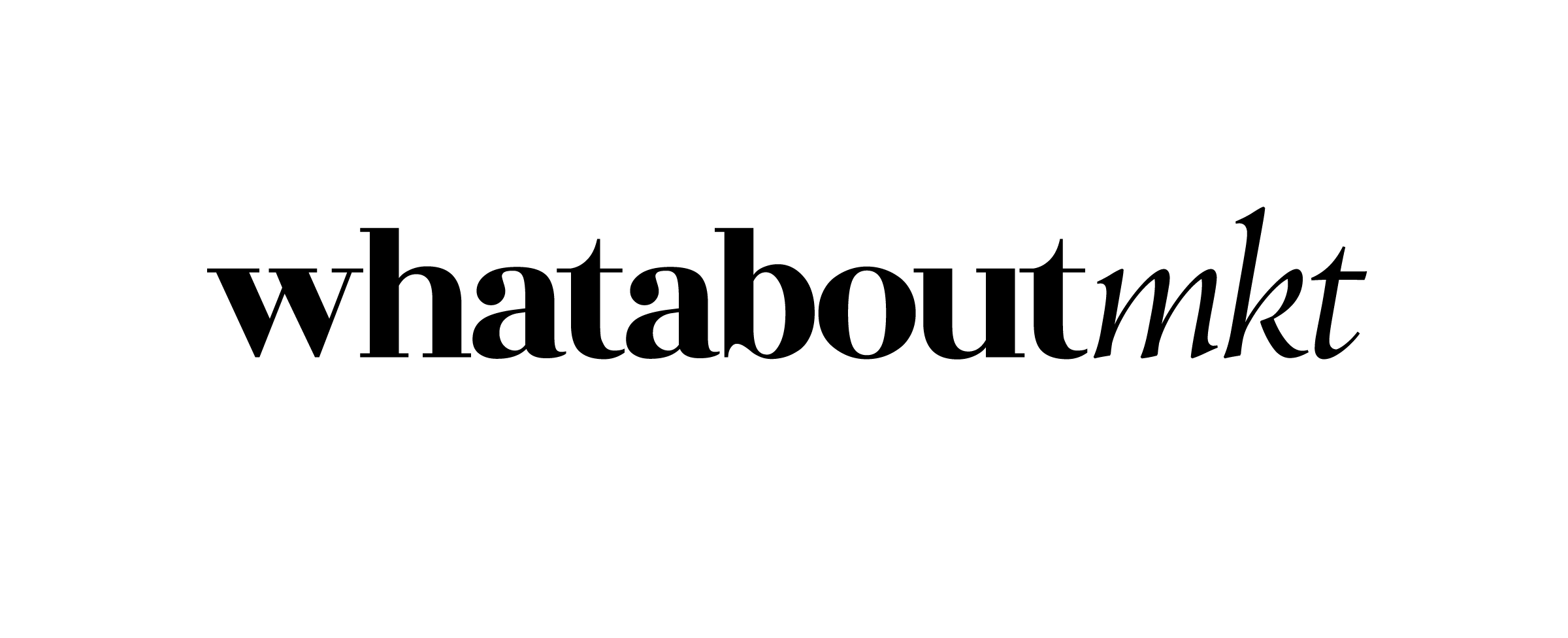Offering premium or limited-edition products helps create allure, nurtures deeper emotional connections, and positions companies as industry leaders. This approach has been embraced by iconic brands such as Louis Vuitton, Starbucks, and Nike, whose exclusive offerings exemplify the blend of quality, scarcity, and desirability.
The Magnetic Pull of Scarcity and Prestige
Exclusivity taps into fundamental principles of consumer psychology, where scarcity drives urgency and enhances perceived value. Limited-edition products, such as Louis Vuitton’s artist collaborations or Nike’s coveted sneaker releases, transform ordinary items into symbols of status and aspiration. For instance, Louis Vuitton’s partnerships with artists like Jeff Koons have elevated handbags into collector’s items, often selling out instantly. Nike’s exclusive drops leverage a similar strategy, creating demand beyond the initial release into a thriving secondary market.
According to a 2022 McKinsey report, products marketed with scarcity messaging can boost conversion rates by up to 25%, underscoring the power of exclusivity in motivating consumer action.
The appeal of premium offerings is broader than the luxury sector. Starbucks, a mainstream brand, has effectively used seasonal exclusivity to create cultural phenomena. Its Pumpkin Spice Latte (PSL), available only for a few months each year, has become a hallmark of fall for many consumers. The PSL’s limited availability creates anticipation and urgency, prompting customers to return repeatedly during its short run. In 2023, Starbucks reported an 8% increase in global store sales in Q4, with the PSL playing a pivotal role in driving foot traffic and customer spending.
The Psychological Impact on Consumer Behavior
Exclusivity resonates with consumers on multiple levels. Premium products often symbolize success and refinement, making ownership a source of personal pride. This emotional gratification enhances the purchasing experience and fosters brand loyalty. For many consumers, premium products are seen as investments in quality and longevity, reinforcing the perception of their worth.
Starbucks exemplifies how exclusivity can cultivate a loyal customer base. Beyond the PSL’s limited availability, the brand’s seasonal cup designs add another layer of engagement. These cups, redesigned annually, have become collectibles that customers eagerly share on social media. The association of Starbucks with seasonal moments reinforces its presence in consumers’ lives, turning a routine purchase into an anticipated ritual.
Blending Exclusivity with Brand Identity
The success of exclusivity lies in its seamless integration with a brand’s identity. Premium strategies must align with the values and expectations of the target audience. Starbucks uses seasonal exclusivity to build community and tradition, while Nike appeals to its core audience’s desire for innovation and performance. On the other hand, Louis Vuitton uses exclusivity to emphasize its commitment to craftsmanship and luxury.
HubSpot’s 2023 Social Media Trends Report highlights the importance of tailoring content to specific platforms to enhance engagement. Brands that craft platform-specific campaigns for exclusive products often achieve twice the engagement rates compared to those that take a uniform approach, underscoring the need for exclusivity strategies to be distinctive and contextually relevant.
When Exclusivity Makes Strategic Sense
The decision to pursue an exclusive or premium product strategy depends on several factors. For brands positioned as aspirational, exclusivity reinforces their identity and appeals to consumers seeking distinction. For emerging brands, limited-edition releases can serve as a way to carve out a niche and generate buzz. Timing and economic conditions also play a role; during downturns, consumer appetite for luxury may wane, requiring brands to balance exclusivity with accessibility.
Activating an Exclusive Product Strategy
To implement a successful premium product strategy, brands must focus on quality, storytelling, and engagement. Superior craftsmanship and attention to detail are the foundation of any premium offering, ensuring the product meets heightened expectations. A compelling narrative can amplify the product’s appeal, turning it into more than just an item but a symbol of the brand’s values. For example, Nike’s storytelling around its Air Jordan line connects the product to basketball culture, performance, and individuality.
Social media plays a pivotal role in building anticipation for exclusive releases. Starbucks generates buzz for the PSL through teasers and influencer partnerships, creating a sense of excitement and participation. Nike’s countdowns and pre-order systems ensure consumers remain engaged leading up to a release. Transparency and personalization also contribute to the strategy’s success, with brands using data insights to refine their messaging and ensure their offerings resonate with target audiences.
The Enduring Power of Exclusivity
Exclusivity is more than a marketing tactic; it is a strategic approach that enhances a brand’s prestige, deepens consumer loyalty, and drives sales. By understanding the psychological and emotional dynamics of scarcity and aspiration, brands can create offerings that meet and exceed consumer expectations. Whether through limited-edition products, seasonal campaigns, or premium innovations, exclusivity remains a compelling way for brands to distinguish themselves and build lasting connections in an ever-competitive marketplace.









